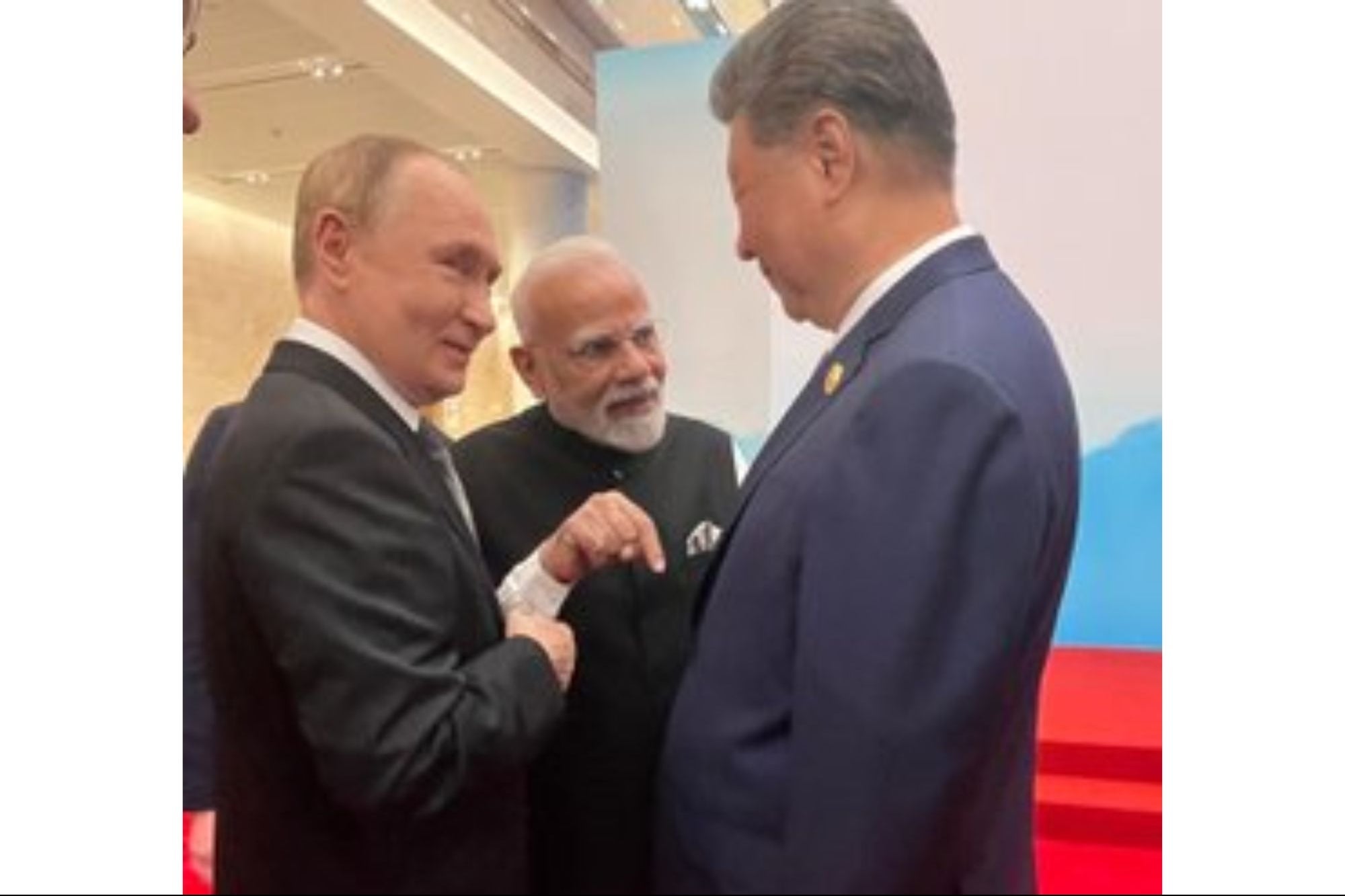India, China, Russia Signal Shift in Global Finance at SCO Summit For investors, regional realignments registered at the summit may offer new opportunities, but the near-term outlook remains cautious.
You're reading Entrepreneur India, an international franchise of Entrepreneur Media.

Heads of state from India, China, and Russia convened at the Shanghai Cooperation Organisation (SCO) summit in Tianjin recently, marking a pivotal moment with potentially far-reaching implications for global capital dynamics.
Chinese President Xi Jinping used the platform to call for a reshaped international economic order, announcing plans for a new SCO development bank. He outlined a proposal to inject USD 1.4 billion in loans and grants over three years and to create an energy cooperation platform. These initiatives are intended to offer a strategic counterweight to existing Western-dominated institutions and challenge the entrenched dominance of the U.S. dollar in international finance.
President Vladimir Putin seemed to have endorsed Xi's vision, framing the SCO as a vehicle for "genuine multilateralism" and a basis for a new Eurasian security and financial architecture. Importantly, Putin also pressed for reform of institutions such as the IMF and World Bank, deriding the weaponization of finance under existing norms.
Prime Minister Narendra Modi portrayed his engagements with Xi and Putin as part of India's strategy to diversify its global partnerships amid mounting U.S. tariffs. Attending the SCO summit for the first time since 2018, Modi emphasized India's intent to strengthen regional cooperation while maintaining productive ties with the West. Analysts pointed out that while Western markets remain dominant buyers of Indian exports, the SCO forum signals New Delhi's commitment to building resilience through alternate corridors of trade, energy, and development finance.
Modi said in one of his X posts that he held an excellent meeting with President Putin on the sidelines of the SCO Summit in Tianjin.
"Discussed ways to deepen bilateral cooperation in all sectors, including trade, fertilisers, space, security, and culture. We exchanged views on regional and global developments, including the peaceful resolution of the conflict in Ukraine. Our Special and Privileged Strategic Partnership remains a vital pillar of regional and global stability," said Modi in a post.
Interactions in Tianjin continue! Exchanging perspectives with President Putin and President Xi during the SCO Summit. pic.twitter.com/K1eKVoHCvv
— Narendra Modi (@narendramodi) September 1, 2025
The implications of these developments for global fund flows are manifold: the proposed SCO development bank could catalyze a surge of capital towards infrastructure, renewable energy, and digital economy projects across member states.
According to observers, sovereign wealth and institutional investors may view the bank as a new conduit for long-term, impact-oriented financing if its governance and transparency can match its ambition.
Moreover, the summit placed growing emphasis on trade and financial mechanisms beyond the dollar. Proposals such as "R-Block" currency trading, using rupee, ruble, and renminbi, signal early steps toward financial de-dollarization, offering hedges against U.S. sanctions and exchange rate volatility.
Nevertheless, challenges remain. Experts caution that the SCO's institutional experience to date is limited and that political frictions among members, such as India's border disputes with China and latent India-Pakistan hostility, may complicate real cooperation. Establishing the new bank will require delicate diplomacy, clear rules, and sustainable financing models to gain investor confidence.
For investors, regional realignments registered at the summit may offer new opportunities, but the near-term outlook remains cautious.
Analysts tracking India's markets noted that while the summit lifted sentiment, underlying vulnerabilities persist, particularly as U.S. tariffs weigh on exports, and the flip side of de-dollarization includes potential volatility in emerging-market capital and currency flows.











